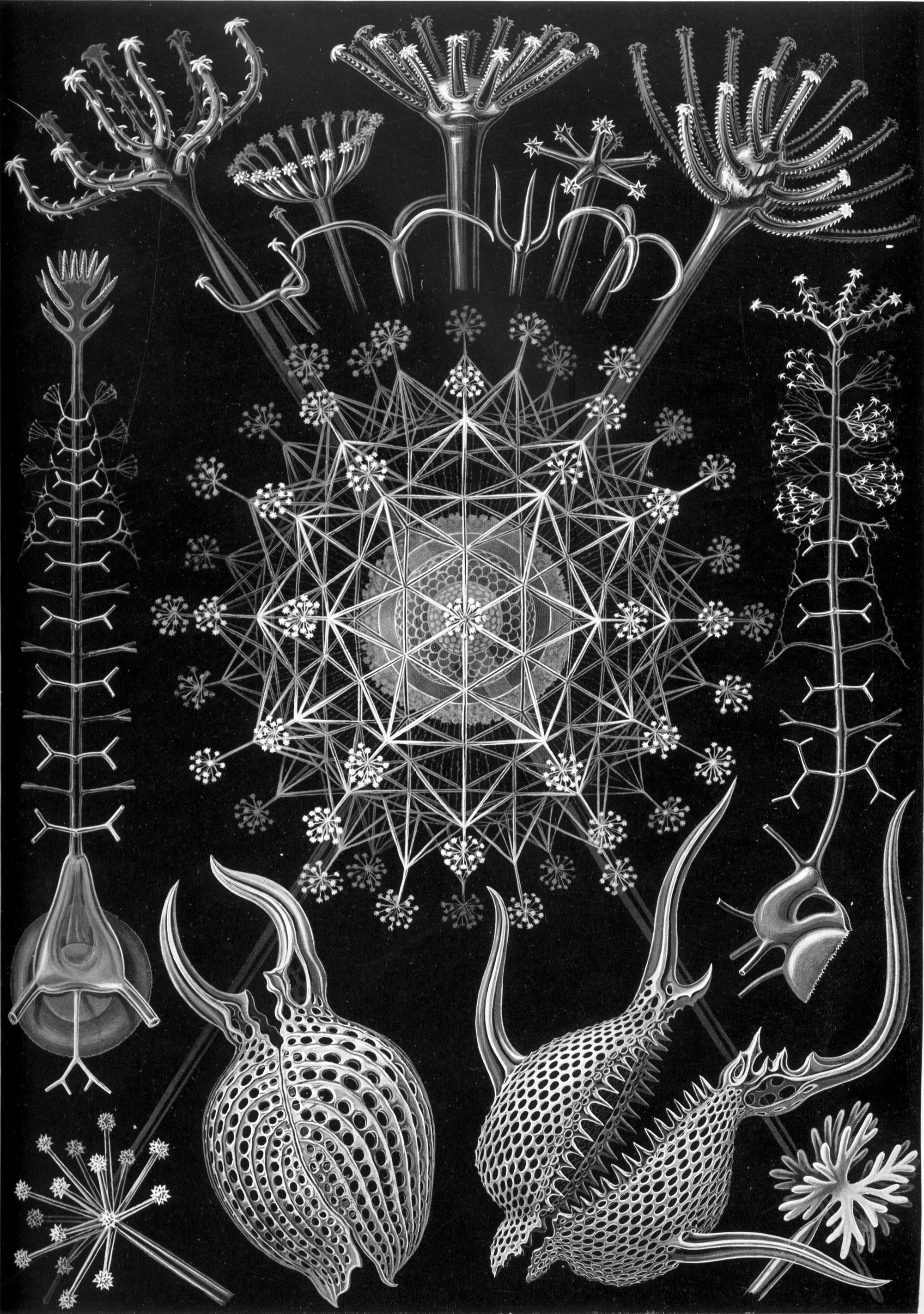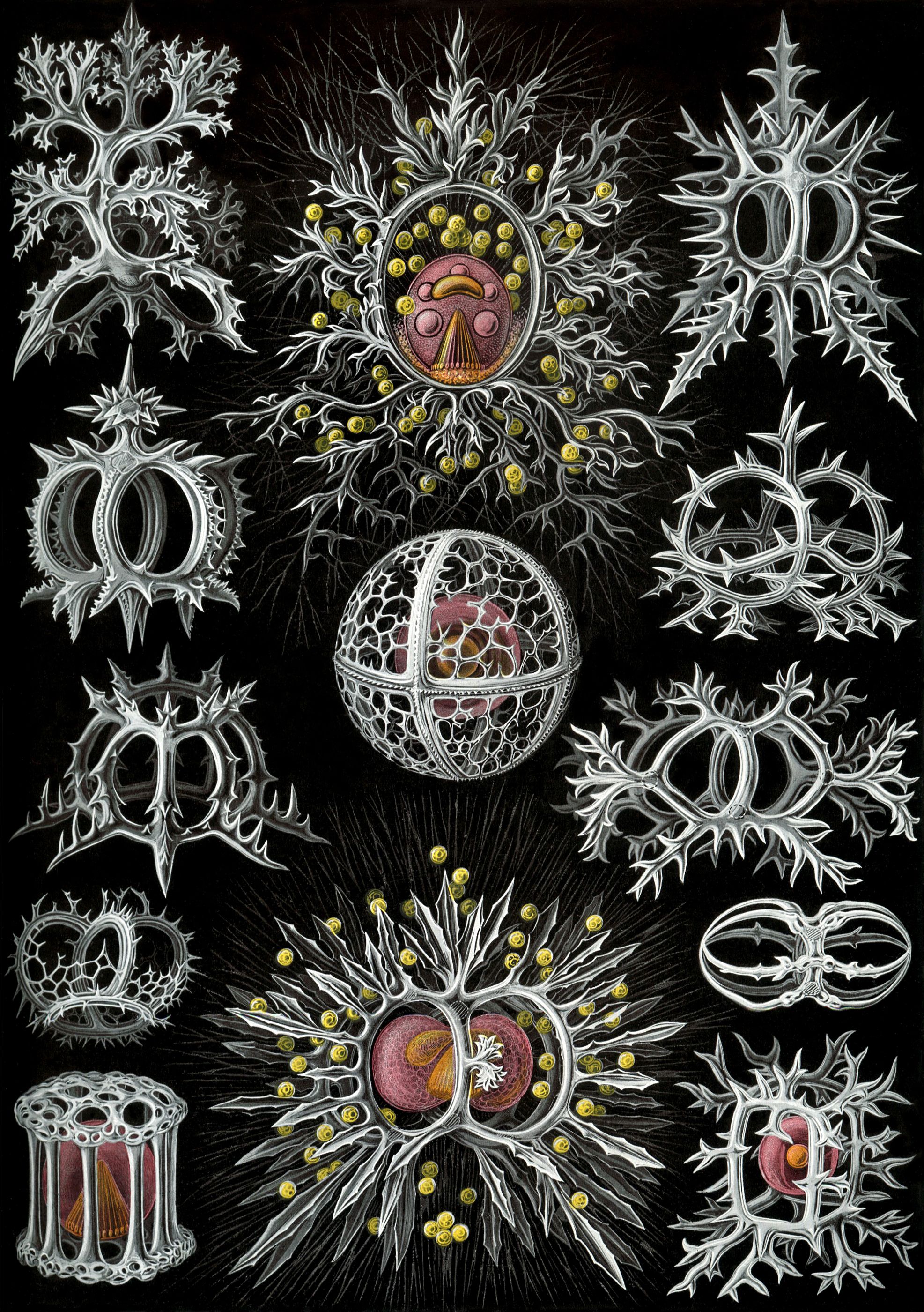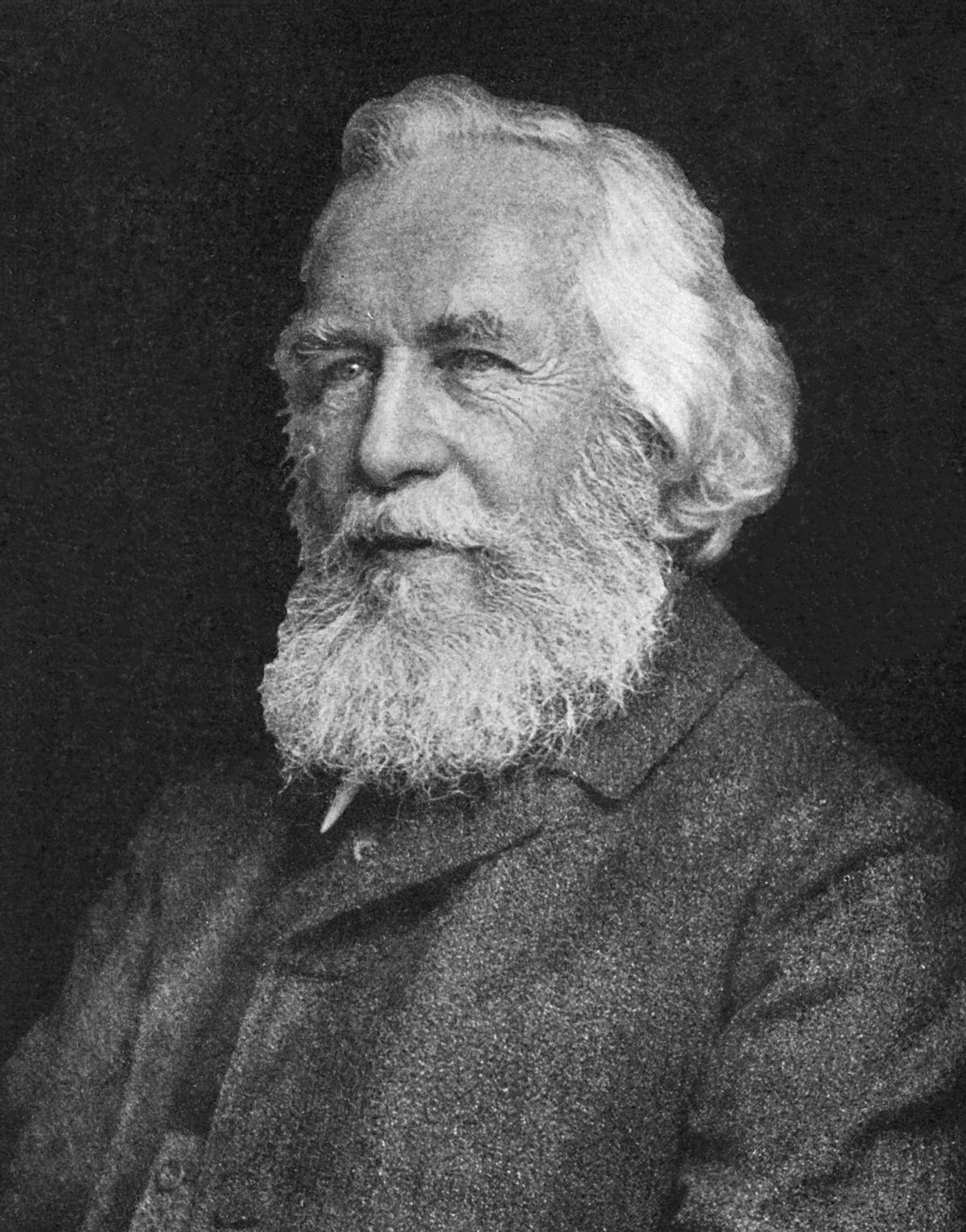mind the gap

mind the gap.
Gaps are weirdly compelling. Some more than others. In their recursive duality of fixity and in-betweenness, there lurks a third thing – something hidden, an unknown thing in the shadow space between the knowns. And even though there appears to be nothing there, we all know that everything springs from the gap.

I'm working once again on getting friendly with the gap, as known things seem to dissolve like clouds into thin air. In an idle moment, I wondered what gapGPT might offer about the gap, and I asked it to conjure a poem.
From the gap that is itself:
In bustling realms where spirits weave,
A tapestry of lives they cleave,
A phrase resounds, a solemn sap,
"Mind the gap," a timely map.
Between the words that softly breathe,
Lie chasms vast, where shadows seethe,
In thoughts and dreams, where echoes trap,
"Mind the gap," a cautious rap.
So wanderer, with open eyes,
In realms of love and starlit skies,
Embrace the lessons, bridges wrap,
"Mind the gap," a whispered slap.
Gap Soup with a side of Pastiche, please.
mine the gap.
In the 1800s, Ernst Haeckel was torn between his interests in the worlds of art and science and didn't know how to fit in. He travelled to Italy where he mined the gap between his microscope and his drawings. In the nothing he discovered the incredible... the single-cell world of the Radiolarians, with which he became enchanted, and he illustrated them with amazing finesse and reverie.


You can see why. More about Ernst Haeckel who, from the gap, brought us terms like 'ecology' and 'stem cell' - click to see beyond his beard:

I'm in favour of the gap, even though it always feels like it will swallow you whole without as much as a burp
Mind Mine the gap!
(in the possessive sense, too)
Thanks for reading!


Member discussion